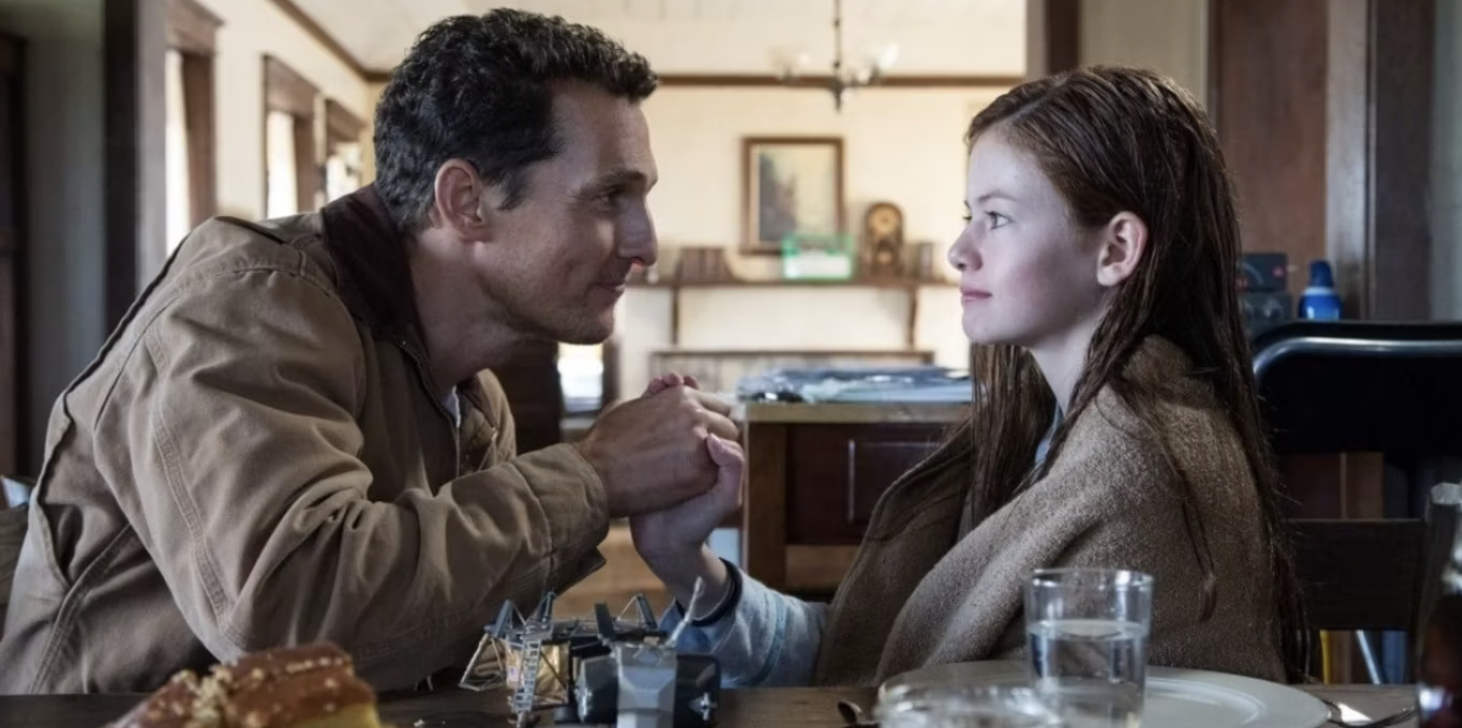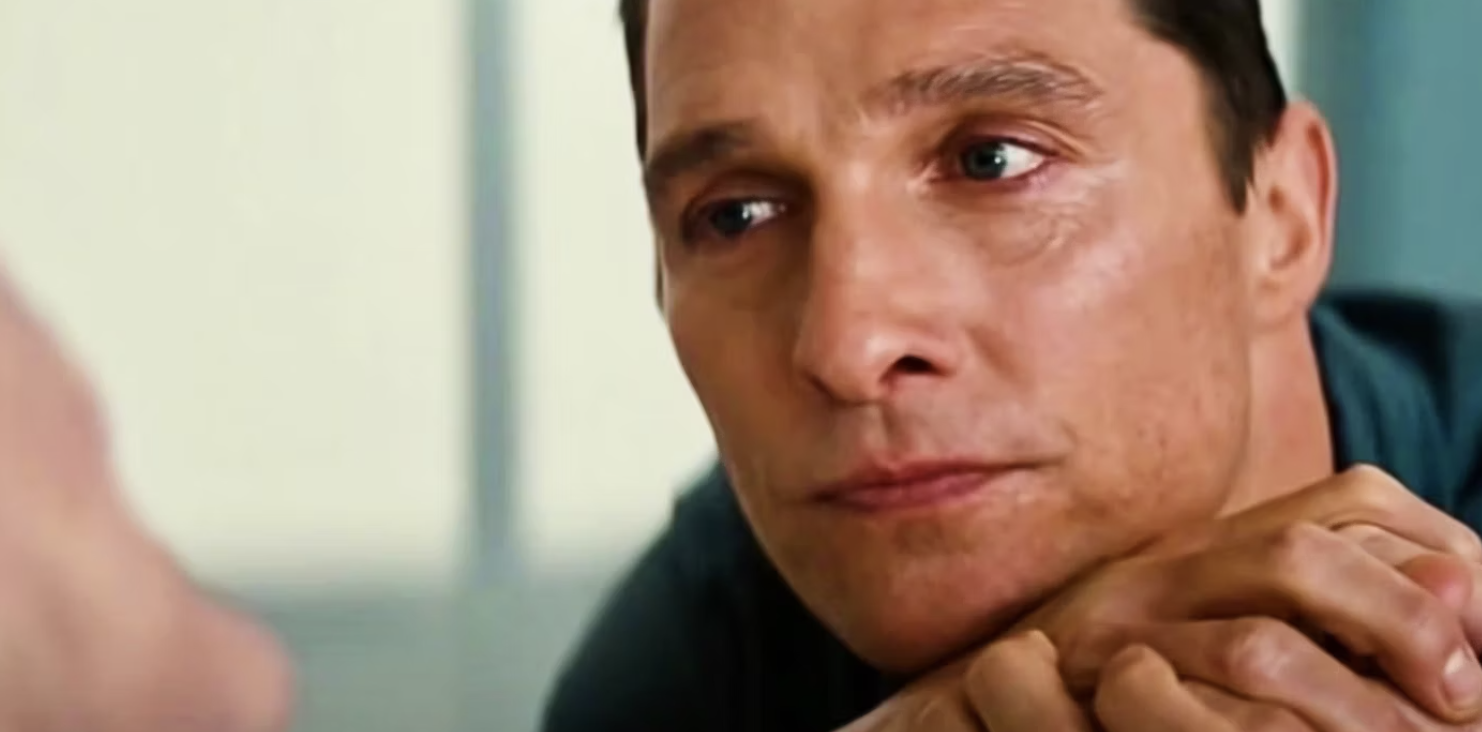5 Small Interstellar Details That You Only Notice On Rewatch
Christopher Nolan’s Interstellar, renowned for its meticulous attention to detail, offers a cinematic experience that deepens with each viewing.
Nolan, known for his intricately crafted films, showcases his expertise in Interstellar, a sci-fi epic released in 2014. Despite its grand scale and ambitious themes, the film’s true brilliance lies in its subtle nuances, often overlooked upon initial viewing. These hidden details, when uncovered during subsequent watches, enrich the narrative, elevating it to a higher level of depth and complexity.
Interstellar explores profound concepts such as love, time, and humanity’s quest for survival in the face of extinction. While viewers are initially captivated by the film’s stunning visuals and sweeping storyline, it’s the small, easily missed moments that reveal its true genius upon closer inspection.
One such detail is the absence of wildlife throughout the film, symbolizing the bleak reality of Earth’s plight. The lack of animals underscores the severity of the planet’s condition, emphasizing the stakes facing humanity.

Similarly, a seemingly innocuous line of dialogue spoken by young Murphy foreshadows the film’s poignant conclusion. Her words, “I thought you were the ghost,” take on new significance as the story unfolds, subtly hinting at the temporal and emotional distance between father and daughter.
Even the faint ticking sound heard during the water planet sequence holds deeper meaning upon reexamination. Each tick, occurring 1.25 seconds apart, represents a day passing on Earth, highlighting the stark contrast between the crew’s experiences and the passage of time back home.
These meticulously crafted details, woven throughout Interstellar, demonstrate Nolan’s mastery of storytelling and his ability to engage audiences on multiple levels. With each viewing, the film reveals new layers of meaning, solidifying its status as one of Nolan’s most masterful works.
In paying homage to Stanley Kubrick’s iconic sci-fi masterpiece, “2001: A Space Odyssey,” Christopher Nolan embeds numerous visual and narrative nods throughout “Interstellar.”
Notably, the A.I. robots TARS and CASE bear striking resemblances to HAL 9000, the malevolent supercomputer from “2001.” From their red “eyes” to TARS’ dark humor reminiscent of HAL’s chilling demeanor, the parallels are unmistakable.
Even the geometric shapes of the robots echo the enigmatic monolith, a central motif in Kubrick’s film. Furthermore, the mind-bending geometry of the Tesseract, where Cooper traverses space and time, mirrors the surrealism of “2001’s” climactic sequence, “Jupiter and Beyond the Infinite.” These references not only pay homage to a sci-fi classic but also enrich “Interstellar” with layers of complexity and thematic resonance.
By weaving these allusions into the fabric of “Interstellar,” Nolan invites viewers to delve deeper into the film’s philosophical underpinnings.

While the characters within “Interstellar” may not recognize these nods to a film from their distant past, the references add a meta-textual layer that enhances the viewing experience. Through visual and tonal echoes of “2001,” “Interstellar” reinforces the notion of humanity venturing into the unknown, grappling with existential questions beyond comprehension.
Another subtle detail in “Interstellar” lies in the protagonist’s name—or rather, the lack thereof. Throughout the film, the protagonist is only referred to by his last name, Cooper.
His first name remains conspicuously absent, shrouded in mystery. This omission speaks volumes about the erasure of personal identity in the face of existential crisis. In a world consumed by survival, individual histories become irrelevant, overshadowed by the urgency of the present.
Cooper’s mistaken belief in a space station bearing his name highlights his selfless dedication to his role as a father, transcending personal recognition. In reality, the station honors his daughter, Murphy Cooper, underscoring the interconnectedness of familial bonds amidst adversity.
The absence of Cooper’s first name symbolizes the collective sacrifice made for future generations, where personal identity yields to the greater imperative of ensuring humanity’s survival. This narrative choice resonates with “Interstellar’s” overarching themes of sacrifice and the enduring legacy of familial love.
Related Posts
-
 Was Full Metal Jacket Based On A True Story?
No Comments | Apr 7, 2024
Was Full Metal Jacket Based On A True Story?
No Comments | Apr 7, 2024 -
 The True Story That Inspired Eggers’ Movie
No Comments | Apr 6, 2024
The True Story That Inspired Eggers’ Movie
No Comments | Apr 6, 2024 -
 The Matrix Resurrections Gets Free Streaming Home After Surprise Matrix 5 Announcement
No Comments | Apr 8, 2024
The Matrix Resurrections Gets Free Streaming Home After Surprise Matrix 5 Announcement
No Comments | Apr 8, 2024 -
 Steven Spielberg’s Sci-Fi Movie Return Is His Most Exciting Project In Over 20 Years
No Comments | Apr 18, 2024
Steven Spielberg’s Sci-Fi Movie Return Is His Most Exciting Project In Over 20 Years
No Comments | Apr 18, 2024
